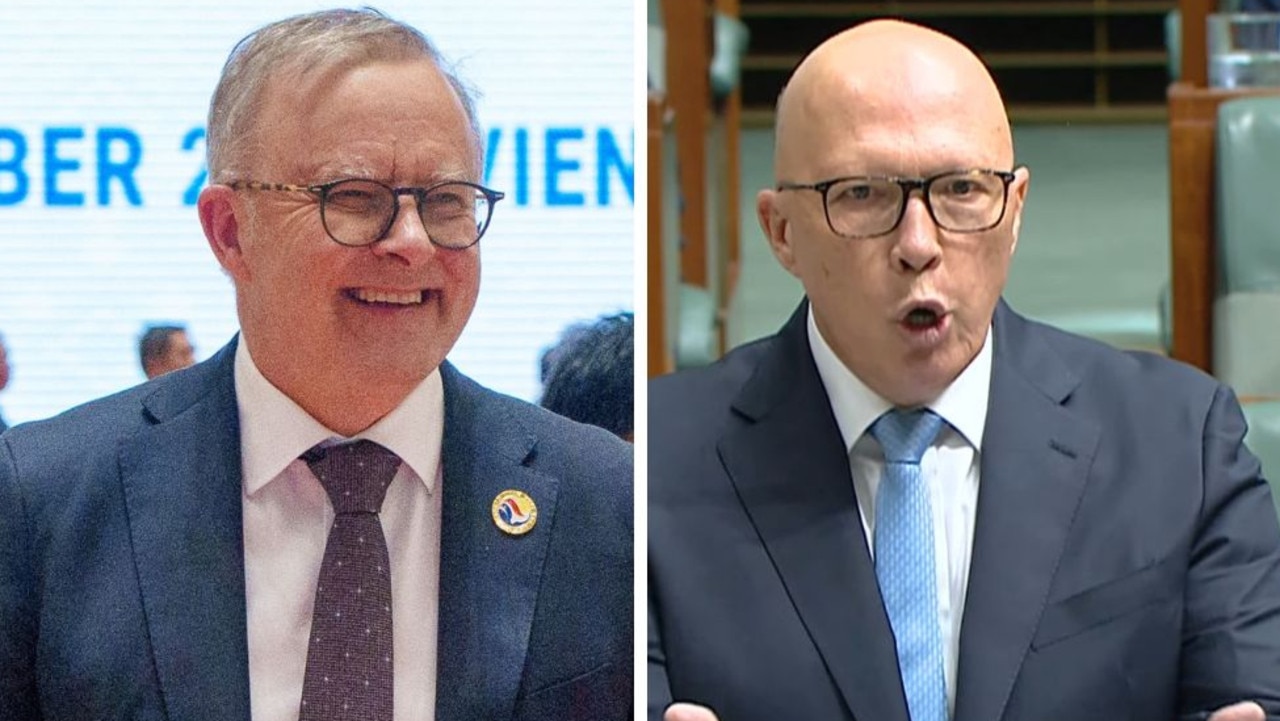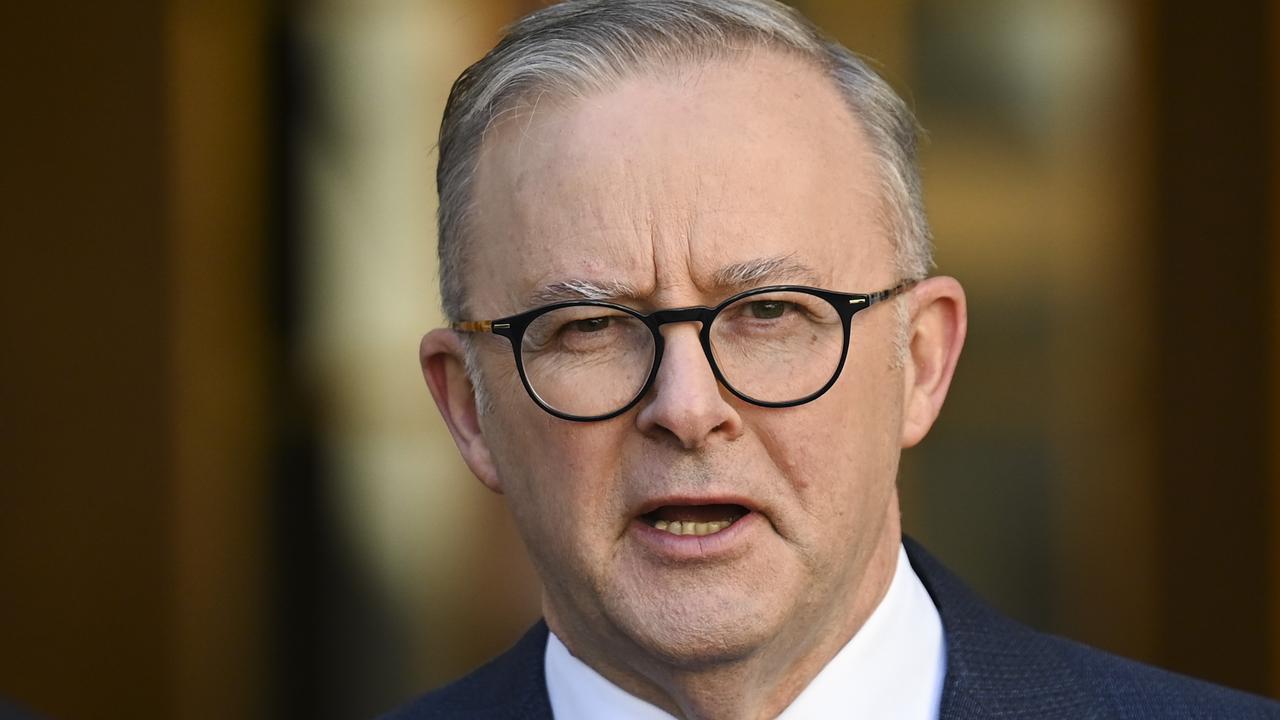Patrick Carlyon: Even Covid crisis can't stop councils’ woke posturing
An inner-Melbourne council’s Australia Day “healing ceremony” only serves to highlight that virtue signalling is now as endemic as Covid.
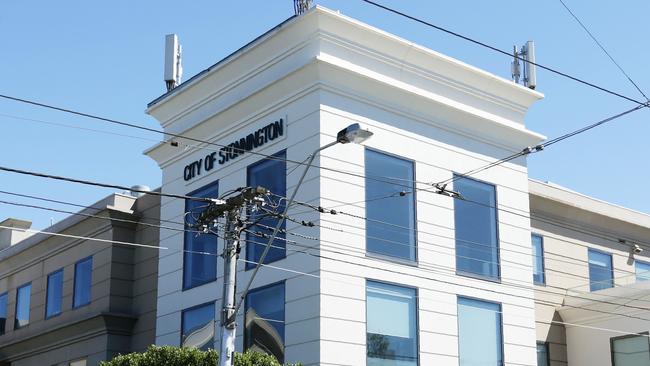
Patrick Carlyon
Don't miss out on the headlines from Patrick Carlyon. Followed categories will be added to My News.
It’s difficult to see how a so-called “healing ceremony” staged by Stonnington council on Australia Day promoted any goodwill beyond the self-inflated sense of the organisers.
The episode is the latest gesture in a thriving pattern of small power/big self-aggrandisement, a kind of legacy of the Twitter age, when little people make lots of noise, not because they have anything to say but because they command a captive audience.
We live in a Covid crisis. Lives are disrupted, health outcomes are fraught and economies warp under the weight of uncertainty.
But it seems there is always space for woke posturing, when the act of sending a message, cloaked in the overweening motivation of being seen to do so, envelops any worthiness in the message itself.
For how did this healing ceremony, promoted as a feature of the council’s “reconciliation journey”, serve ratepayers, except to irk those who wondered at its provocative timing on the national day?
More importantly, what the hell did it mean?
As a councillor noted, the event sounded like “a frolic”. Alexander Lew rightly queried the nature of the sickness that ratepayers were supposed to be cured of.
The council’s chief executive countered that the event acknowledged a “living connection to country (and) relationship with the land”. Yes, that explains it.
Virtue signalling feels almost as endemic as Covid. Wokeness is the new church, and heaven will not help those who question the need to bow at its altar.
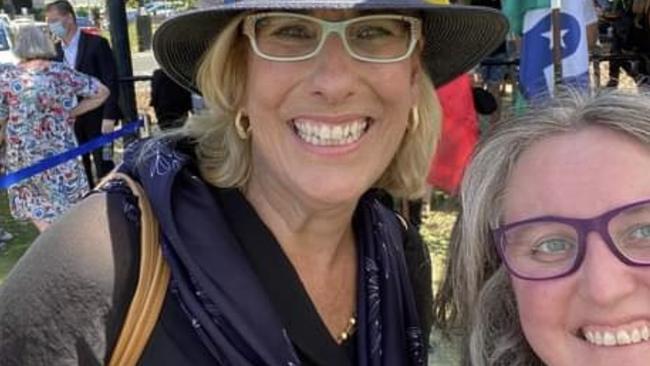
Local councils are the baldest examples, but it spreads far further.
Here, the raising of a flag for aromantics – the grouping who feel no attraction to others. There, plans to hire a climate emergency artist.
Darebin council is antinuclear weapons, which has created chatter in recent days, and will surely unsettle all those pro-nuclear weapons proponents who until now were hiding under their beds.
Such principles come at a price, and no matter if ratepayers don’t want to pay it. Darebin council may cost its ratepayers to default on investments supposedly linked to nuclear weapons.
There’s an unconscious vanity to this choice, the inherent assumption that the councillors’ beliefs trump the wallets of the people they supposedly serve.
What will it achieve? How will the view of a relatively tiny entity, half a world away from the closest possible nuclear flashpoint, influence foreign events?
“I think it is something that our residents care about,” a Darebin councillor explained.
Perhaps Darebin ratepayers care, too, about imminent war in Ukraine and Taliban rule in Afghanistan. They care about a lot of things outside of their patch. They do not care for the compelled packaging of their cares, on their behalf, by people who think they know better. The same goes for healing ceremonies or so many other empty gestures. Who, after all, is anti-healing?
Sceptical observers might understandably shy from the wash of vitriol which would follow any suggestion that the $8000 event sounded entirely meaningless. They would risk hateful labels.
But such choices ought to be examined. One empty gesture perpetuates the next. Each sets a kind of bar that others don’t dare lower.
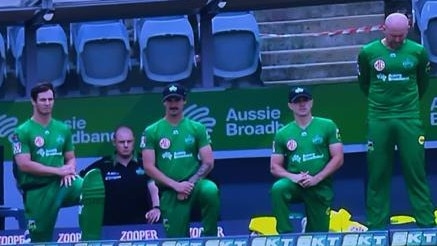
The airy language of these gestures – “connectedness”, for example, or “normative societal expectations” – is tricky to pin down. If no one quite understands the language of a gesture, how can they measure its worth?
No one questions the kneeling on one knee by players before BBL cricket games anymore. In doing so, the cricketers are supposedly taking a stand against racism, as borrowed by a civil rights movement from the United States which fragmented into campaigns to defund police departments.
Those few players who do not want to kneel go along have been asterisked. Cricketer Ben Dunk wouldn’t kneel before 2020 BBL games. Because he would not conform to the empty gesture, his club rushed to protect him from being branded a racist.
If I played BBL cricket, I’d probably go down on a knee, not because it seems a useful way of tackling racism, but because doing so would avoid the likely cost of not doing so. Call me craven. But the choice of mindless wokeness seems preferable to infinite attacks on my character.
It raises the question. How worthy is the expression when it’s compelled upon individuals who conform for the very practical reason that they want to avoid the punishment of refusing to do so?
Is coerced groupthink, under the threat of shaming for noncompliance, a welcome contribution to the dialogue of enlightened attitudes?
As for those who seek to impose such rules, are they motivated by a desire to improve the world? Or is it the desire to improve their perceived standing in that world?
Patrick Carlyon is a Herald Sun columnist


